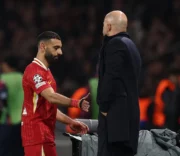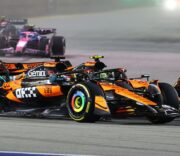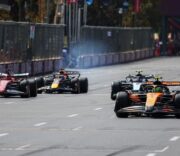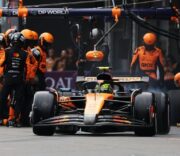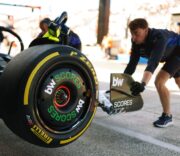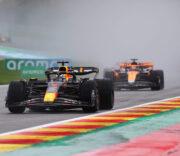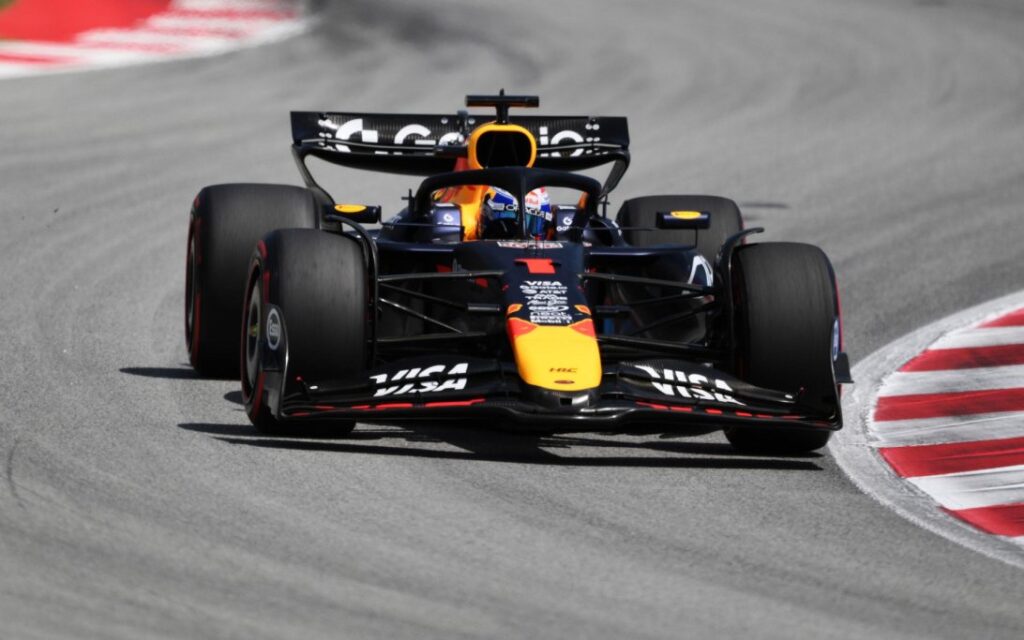
The Incident and Penalty
Max Verstappen’s collision with George Russell during the 2025 Spanish Grand Prix on June 1 at Turn Five, following a safety car restart, ignited heated debate. Verstappen, on hard tires while rivals used softs, was instructed by Red Bull to cede fourth place to Russell after an earlier clash at Turn One. As Russell attempted to overtake, Verstappen accelerated, causing contact deemed “undoubtedly” his fault by stewards, per BBC Sport. He received a 10-second time penalty, dropping him from fifth to 10th, and three penalty points, bringing his 12-month total to 11, one shy of a race ban, per The Athletic. Was this penalty sufficient, or should it have been harsher?
Arguments for a Harsher Penalty
Many in the F1 community felt Verstappen’s actions warranted a stronger sanction, given the perceived intent. George Russell called the move “totally unnecessary” and suggested a deliberate crash deserved a black flag (disqualification), emphasizing the safety risks at 300 km/h, per BBC Sport. Nico Rosberg, on Sky Sports F1, labeled it “extremely unacceptable,” advocating for a black flag due to apparent retaliation, per Motorsport.com. Fans on X echoed this, with some calling for a race ban, arguing the 10-second penalty was “too generous” for an intentional act, per @LLawliet126. Lando Norris compared it to a “Mario Kart” move, per The Guardian. The stewards noted Verstappen’s frustration with Red Bull’s order, suggesting his sudden acceleration was a reaction, per FIA documents. Critics, including Toto Wolff, argued Verstappen’s history of volatility under pressure, evident in 2021 against Lewis Hamilton, demanded stricter consequences to deter future incidents, per The Guardian.
Arguments Against a Harsher Penalty
Others believed the penalty was proportionate or even excessive. Verstappen admitted the move was “not right” and “shouldn’t have happened” on Instagram, framing it as a heat-of-the-moment error fueled by tire disadvantage and strategy frustrations, per Formula1.com. Some fans on X argued Russell shared blame, lacking caution during the overtake, and deemed the three penalty points excessive, per @JoeJoePajor. Red Bull’s Christian Horner, while admitting the team’s strategic errors, suggested the initial Turn One clash, where Russell lost control, was misinterpreted by Red Bull, leading to an unnecessary order to cede position, per BBC Sport. The stewards later ruled no penalty was needed for Turn One, as Russell’s loss of control caused the contact, per ESPN. This misjudgment by Red Bull, not Verstappen’s intent, escalated the situation, suggesting a black flag or ban would be disproportionate for a single, albeit reckless, act.
Stewards’ Rationale and Context
The stewards’ 10-second penalty and three points aligned with recent F1 sanctions for causing collisions, per FIA guidelines. For comparison, George Russell’s drive-through penalty in Monaco 2025 for cutting a chicane to pass a Williams was deemed more severe due to deliberate advantage-gaining, per BBC Sport. Kevin Magnussen’s 2024 Azerbaijan ban for reaching 12 points involved multiple collisions, unlike Verstappen’s single incident, per ESPN. The stewards’ discretion, criticized for inconsistency, avoided a black flag, last used in 2007, likely due to no significant damage or immediate danger, per The Race. Verstappen’s 11 points, with two expiring after June 30, put him at risk for Canada and Austria, a deterrent some argue outweighs a harsher race-day penalty, per RacingNews365.



